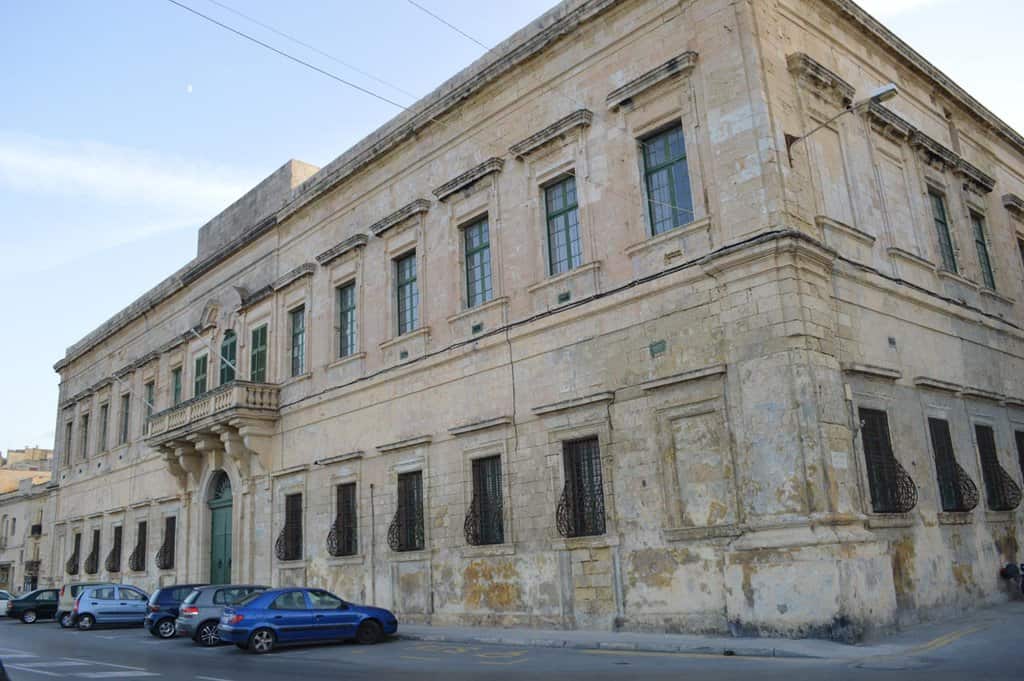
Yesterday’s court decision to reverse a concession of public land and public property to a private consortium came at the end of a judicial review process provided for in the law governing the disposal of public land.
First: how can public land be given away? The answer is through one of two ways. Either Parliament resolves to transfer the land to someone, or the government transfers the land after a competitive process, call it an auction.
The law says that when the allocation of public land to someone private does not comply with either of these rules, a Member of Parliament has the right to go to court and ask for the transfer of land to be reversed.
That’s what Adrian Delia did with the three hospitals.
Yesterday’s judgement by Judge Francesco Depasquale found that before the concession was opened for competition in a tender process there had already been a documented understanding between ministers and the owners of Vitals. There was fraud, therefore, before everything started, so everything that followed was corrupted.
There’s a further point, which perhaps has a greater significance for other situations besides the case of the three hospitals. Even if the transfer of land to the private owner had happened through an entirely kosher process, that transfer was made on the back of several conditions. In the case of the three hospitals they committed to increase beds, finish new builds, refurbish, improve, and enlarge. The judge caused a chuckle yesterday when he remarked that all Steward could prove they had done was fix a toilet used by staff.
Here’s the interesting bit then. Independently of how much time after the initial transfer of the property any breach of conditions occurs, any such breach would foul the process of the transfer. I admit that’s a clumsy sentence. So, I’ll try to clarify.
Assume for the sake of argument that Vitals won the concession in a competition fair and square. The court would still have cancelled its concession for failing to abide by the conditions of what they were supposed to do over the years with the properties that were given to them.
Now that’s more ground-breaking than you might realise just yet. Steward are not the first ever concessionaires who shifted goal posts after a concession was granted to them though few behaved so egregiously, and none had been given control of the health of our citizens.
But consider for a moment to concession granted to MIDI for Manoel Island, the Fort Chambray concession, the concession to redevelop the former ITS site in St George’s Bay, the concession to Smart City.
In theory, governments have the power to cancel concessions for breach of compliance with the conditions of use set out when the transfer occurs. Indeed governments, as trustees of the public interest, have the duty to cancel concessions for the sort of manifest and self-evident flouting of practically every obligation Steward, and Vitals before them, committed to fulfil. Judge Depasquale yesterday attributed the government’s failure to enforce the public’s rights on the hospital owners to anything from incompetence to naivete. I’d make different assumptions. Joseph Muscat and Konrad Mizzi were more likely on the take than blubbering idiots. But it does not matter what might have motivated them to decide that the concession must be cancelled, as the judge ruled yesterday.
The safety valve of judicial review after a member of the legislature (the then Leader of Opposition) meant that the concession could still be cancelled by the combined intervention of the courts and the legislative branch when the government failed to do its job.
That’s good. But it’s also very difficult. That is why the process of an MP going to court didn’t happen very often before now even though there have been controversial concessions where it could have made sense.
There’s another memorable and frankly quite ridiculous example of this process being applied: when Joseph Muscat, who was at the time prime minister, put on his hat as an MP and used the same law to sue the government he ran to get the concession to Gaffarena for a portion of an Old Mint Street property rescinded. That was absurd because, quite frankly, the government should have its own means to defend the public interest without having to pretend it is not the government.
Why was Adrian Delia’s action against Vitals/Steward, as they say in Italian, unique rather than rare?
One possibility is that the immunity parliamentarians enjoy that allows them to speak freely in the public interest while in the parliamentary chamber does not follow them when they step out of it and go to court. However right one might be sure of being, there are never guarantees about winning a case like this. Your actions might cause some very powerful people to lose a lot of money which they might be tempted to try to recover from you, personally.
When most people would weigh the risk against the chances of success, the conclusion might be that they would rather to stick to the politician’s job of speaking rather than attempt the prosecution of a government decision in a court room.
There’s little in this country that is more valuable than a portion of our minute territory. Experiments in allocating it to private owners sometimes have the benefit of adding value to our economy and our collective well-being. Sometimes those experiments go wrong. One lesson we must learn from yesterday’s decision is how we can improve the way we manage concessions of public land and how we can stop the bleeding when a corrupt government invites parasites in our midst.